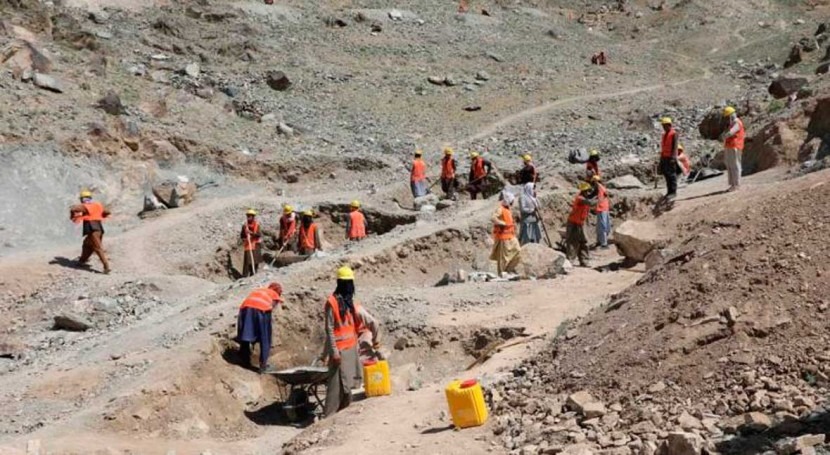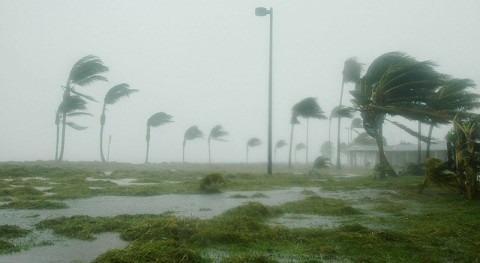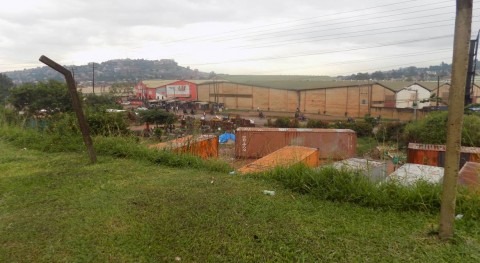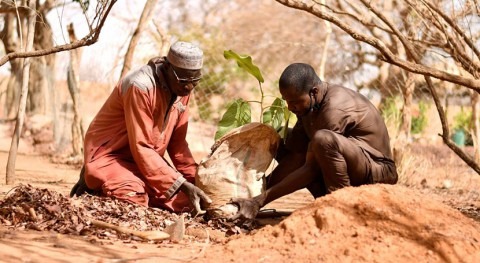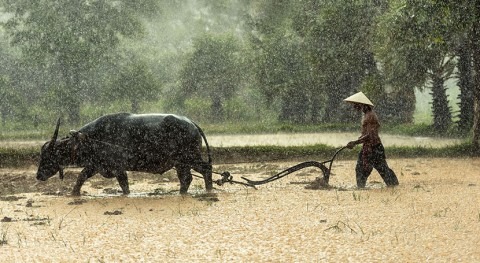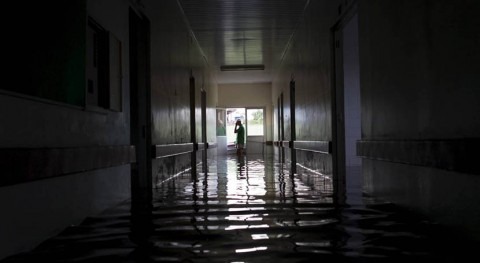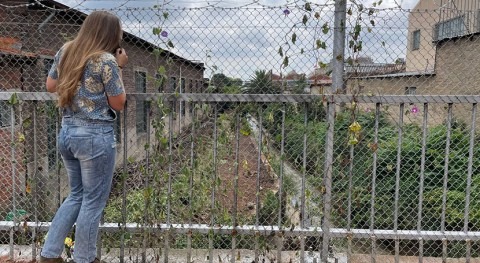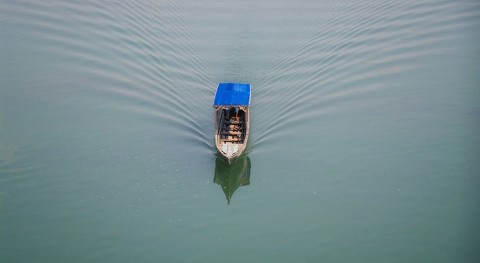Gul Mohammad was making a good living as a private van-driver, until Afghanistan went into lockdown to slow the spread of the novel coronavirus and his work dried up.
Now, instead of ferrying commuters around Kabul, Mohammad, 49, brings a flask of green tea to a site outside the capital and spends his days helping dig a series of 2-metre-long (6.5-foot) trenches aimed at saving the city from a water crisis.
As lockdown measures imposed in March take their toll on Afghanistan's workforce, the government is employing more than 40,000 jobless workers to rehabilitate groundwater supplies for its fast-growing capital.
"The good thing is that the needy people from nearby are hired to just walk to work and get regular pay when there are no jobs in the city due to coronavirus," said Mohammad.
Afghanistan has joined a growing group of countries that are turning to "green stimulus" projects to address two urgent challenges at once: keeping the economy running through the pandemic and tackling climate change.
Kabul's groundwater supplies - its primary source of drinking water - have been over-exploited, putting the city of up to 7 million people at risk of severe shortages, warn water experts.
A study published in May by the Afghanistan Research and Evaluation Unit (AREU), an independent think-tank, calculated that the city's groundwater levels had decreased by about 1 metre per year over the past two decades.
Some parts of central Kabul have seen drops of as much as 30 metres over 14 years, the study said.
The water project, run by the state's National Development Corporation, aims to boost groundwater levels while also increasing greenery to improve water and air quality, spokesman Mohammad Mustafa Naveed told the Thomson Reuters Foundation.


